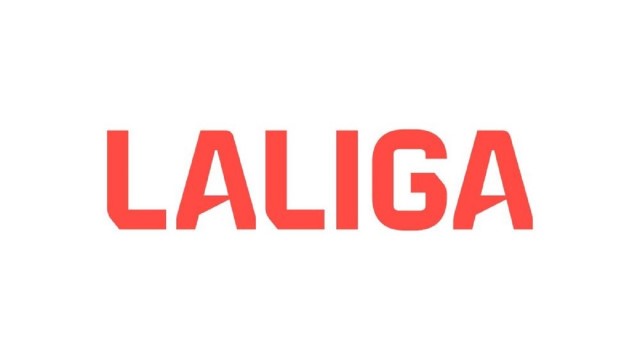The CJEU‘s findings state that it “does not mean that a competition such as the Super League project must necessarily be approved.” Anything less than a fully open model, with direct access only from the domestic leagues, season by season, is a closed format, which runs counter to the European values of the sport. LALIGA asks the European Commission for legislative measures to protect the stability and future of European football.
MADRID: LALIGA stresses that the ruling of the Court of Justice of the European Union (CJEU) does not sanction the European Super League and that in 2022 UEFA already included a modification to its regulations for the authorization of new competitions, which is adapted to what the CJEU is now ruling.
Although the promoters of the Super League claim that this judgment is in their favor, the reality is that the CJEU has been clear in stating that it “does not mean that a competition such as the Super League project must necessarily be approved. The Court, having been asked generally about the FIFA and UEFA rules, does not rule on that specific project in its judgment.”
LALIGA, the only league involved in the proceedings, welcomes this statement, which is in line with the formal position expressed by an unprecedented 23 EU and EEA national governments, who joined the football and wider sporting community in defending the football pyramid against secessionist models such as the so-called European Super League.
The essence of this ruling is also in line with the conclusions of the Advocate General of the CJEU in December 2022, which stated that “although the European Super League Company has the freedom to create its independent football competition outside the ecosystem of UEFA or FIFA, it cannot, in addition to creating that competition, continue to participate in football competitions organized by FIFA and UEFA without the prior authorization of those federations.“
Javier Tebas, President of LALIGA, said: “The ruling confirms what we have always said: anyone can organize competitions outside the UEFA and FIFA ecosystem, this cannot be prohibited, and no one has questioned this. The judicial question is the condition for these competitions to be under the UEFA and FIFA ecosystem, i.e. that there must be transparent, clear, and objective rules for the approval of new competitions. In 2022, UEFA already established a procedure to authorize new competitions that can be used by the European Super League or any other competition.”
Regardless of this ruling, the entire football ecosystem, including players, coaches, leagues, federations, and clubs, have already spoken loud and clear to assert that they do not want a model that perpetuates the participation of a privileged few, restricting the pinnacle of European football to an elite rather than an open sport for all.
The creation of a league designed to enrich the wealthiest clubs and concentrate power in the hands of a small number of privileged teams would also result in the loss of tens of thousands of jobs and drastically reduce tax revenues for public coffers across the continent.
According to the expert report prepared by KPMG, in Spain alone a project like the European Super League would cause a 55% loss in overall revenues for LALIGA and would jeopardise an industry that generates over 194,000 jobs and €8.39 billion in taxes, representing 1.44% of Spain’s GDP.
The European Parliament itself approved a report advocating “for a European model of sport that recognizes the need for a strong commitment to integrating the principles of solidarity, sustainability, inclusion, open competition, sporting merit, and equity. Consequently, it strongly opposes segregated competitions that undermine these principles and jeopardize the stability of the sports ecosystem in general.”
Therefore, despite the clear positions expressed by fans, clubs, players, federations, the European Parliament, EU governments, and now the CJEU, to reinforce and ensure the defense of the European football ecosystem, its jobs, contribution to the economy, etc., we urge the European Commission to activate the necessary mechanisms to introduce legislative measures that protect European football from future similar attacks.
It is essential to continue closely collaborating with national federations, leagues, clubs, fans, players, coaches, EU institutions, governments, and other stakeholders to nurture the development of football, promote growth, and preserve the fundamental values that have made European football the resounding success story it is today.

